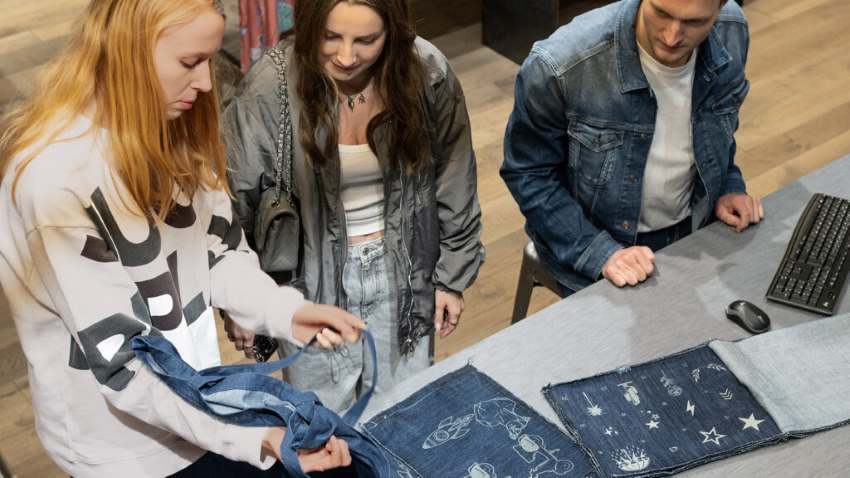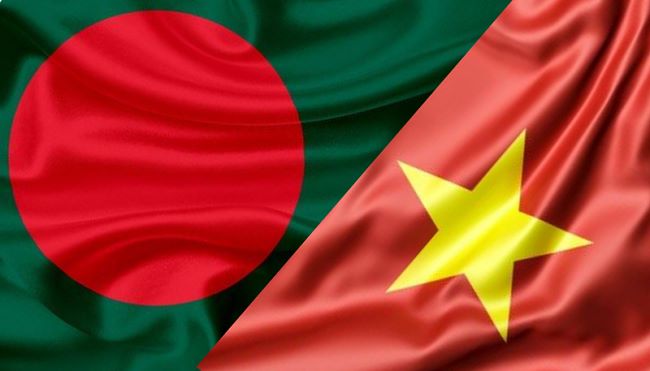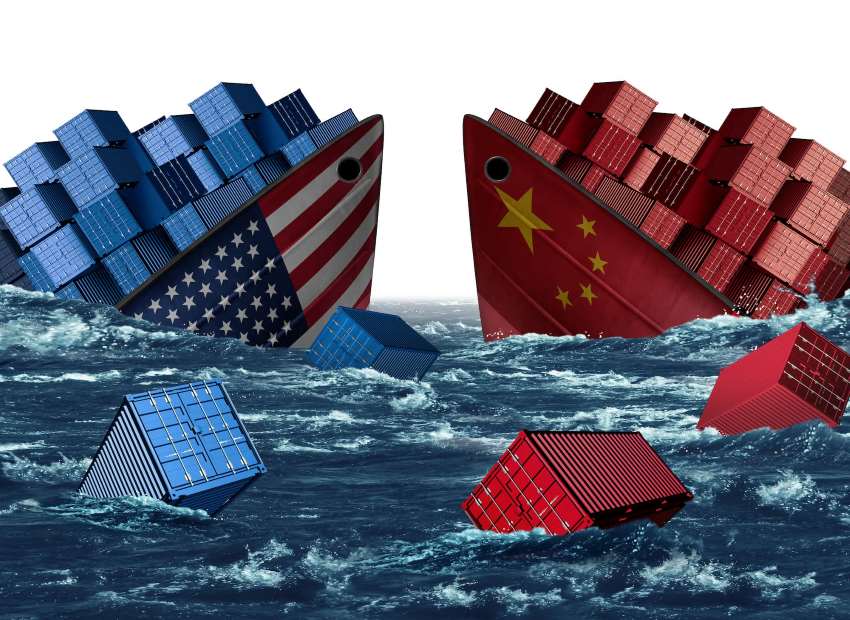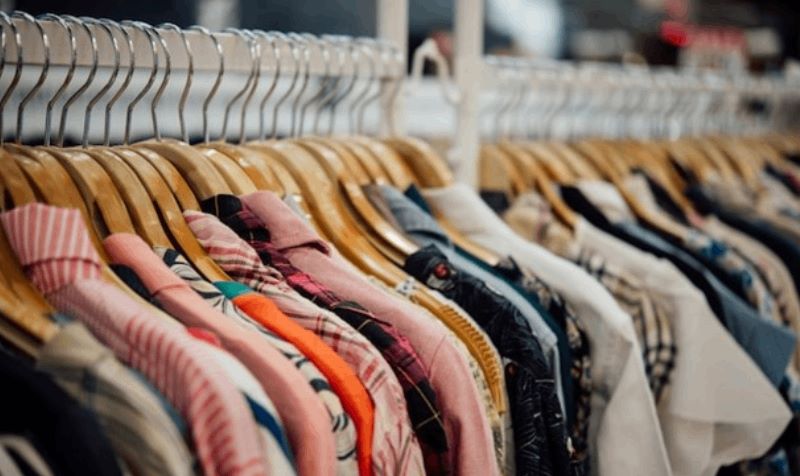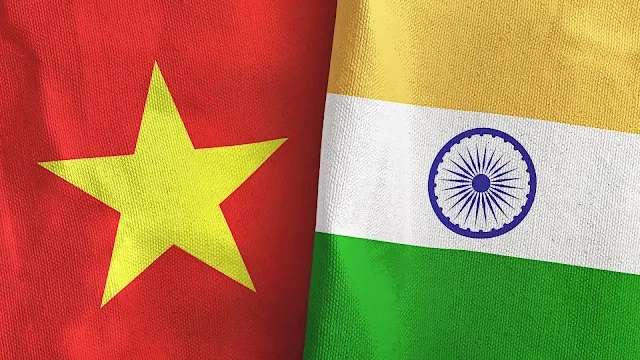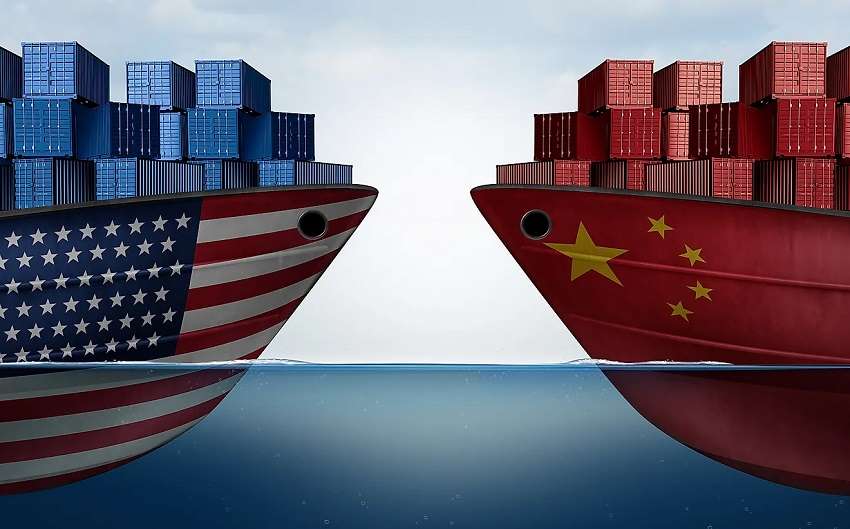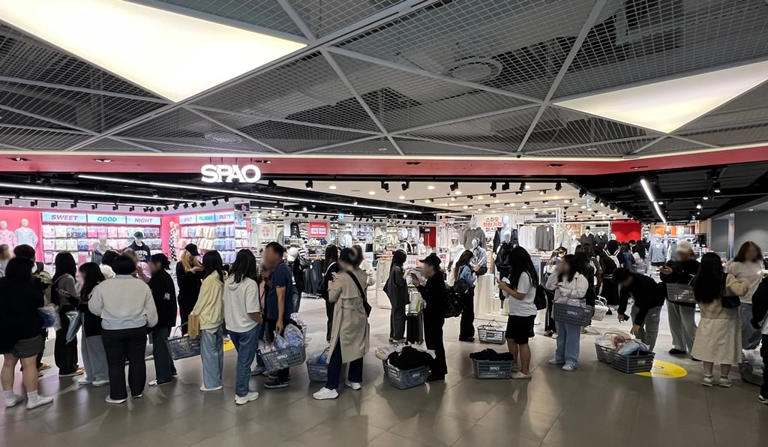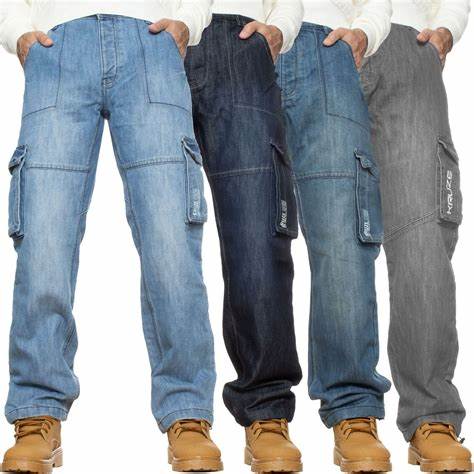FW
The wool market has improved after a five-week downturn and prices have increased on the back of renewed demand from China and other markets. Buyers have begun to tentatively cover requirements for the new processing season.
Merino fleece types from 17 through to 23 micron all managed to gain around 50 cents with the best style lots continuing to attract strong competition from European interests. Skirting and carding types for the knitwear markets showed more modest rises of generally 20 cents and crossbred wools finally arrested their decline as well with a modest increase.
While there have been one or two large orders coming through as the more astute spinners and weavers lock in raw material requirements until the end of this season (June 2016), most enquiry is still for small volumes for prompt or quick delivery.
Supply and quality of wool going forward is forefront in the minds of buyers at present as the seasonal conditions worsen, but so is the annual issue of quota in China. The volume of wool already imported by China this year will test the availability of quota towards the end of this year and there may be the odd delay or postponement of orders until new quota is available.
A major initiative was recently launched by the fashion industry to improve working conditions for workers in clothing industry, across the globe. The global project will see clothes and shoe manufacturers create an industry-wide method for ensuring products are made by people who are well treated. The initiative includes big brands such as H&M and Levi’s, Nike and Adidas among other firms too back this Social and Labour Convergence Project.
CEO at non-profit supply-chain improvement experts Sedex, Jonathan Ivelaw-Chapman, says since the birth of ethical sourcing, there has been a proliferation of differing codes, audits, protocols and approaches. Lack of convergence causes issues, drains suppliers’ resources and makes it difficult to benchmark their efforts, he added. H&M too believes that the sustainability challenges faced by them needs joint efforts since all parties have a shared responsibility.
The brands believe that they will save money and redirect funds into improving conditions by creating one system of assessing supply chains. Michael Kobori, of Levi Strauss & Co welcomed the opportunity to explore how to support more effective ways to raise labour standards. Global exports in clothing and textiles reached nearly £518 billion in 2013, as per the World Trade Organisation.
A Section 77 notice was filed by the COSATU-affiliated Southern African Clothing & Textile Workers’ Union (SACTWU) with Nedlac against the City of Cape Town, its Executive Mayor and its Mayoral Committee recently. City of Cape Town’s unilateral decision to lease out the Good Hope Centre for commercial purposes to an international film company is the reason for this notice. City of Cape Town went ahead with the decision in spite of objections from SACTWU and other community organisations in Cape Town.
The City’s decision also means the SACTWU will not be able to hold its Spring Queen fashion event, a central pillar of the union’s efforts to promote South African-made garments and textile products at the Good Hope Centre; and thus the objection. The union believes that the decision undermines their ‘Save Jobs’ campaign and their efforts to rebuild the clothing and textile industry.
A trade union can call for protest action to promote or defend workers’ socio-economic interests as per section 77 of the Labour Relations Act. Such protest action would be protected, which means workers cannot be disciplined for exercising their right to participate there-in.
Now, Nedlac will try to resolve the dispute between the union and City of Cape Town and consider the merits of the union’s application. The union has indicated that it will protest action that involves its members, which includes mass rallies and placard demonstrations at targeted City of Cape Town offices, solidarity campaigns aimed at the media, stakeholders, the public, employees and suppliers of the City of Cape Town, demonstrations at events sponsored or organised by the City of Cape Town, and others, if the dispute is not resolved.
Three years after acting as Creative Director at the Parisian design house, Christian Dior, Raf Simons resigned for ‘personal reasons’ as stated by him. Sidney Toledano, CEO of the brand made an official announcement recently confirming Simons’ departure. However, rumours of him leaving the brand have been rife for some time now. Toledano said that Simons would not be renewing his contract with Christian Dior and thanked him ‘very warmly’ for his contribution to the brand.
Simons, on the other hand, in a statement thanked figureheads within LVMH and referred to Dior as ‘extraordinary’. He said that it was a decision entirely based and equally on his desire to focus on other interests in his life, which included his own brand and other passions. He added that Christian Dior as an extraordinary company, and it was an immense privilege to write a few pages of this magnificent book. Simons thanked Bernard Arnault for his trust in Simons and for giving him the incredible opportunity to work at this beautiful house amidst an amazing team.
Moreover, Simons felt heartened that he has an opportunity through the years to benefit from the leadership of Sidney Toledano and said that his thoughtful, heartfelt and inspired management would also remain as one of the most important experiences of his professional career.
IndustriALL Global Union and Umicore’s agreement on Sustainable Development was renewed by both recently. The agreement is for a period of four years and covers human rights (including collective bargaining and equal opportunities), safe and healthy working conditions, and environmental considerations.
IndustriALL, founded in 2012, brings together affiliates of the former global union federations—International Metalworkers‘ Federation (IMF), International Federation of Chemical, Energy, Mine and General Workers‘ Unions (ICEM) and International Textiles Garment and Leather Workers‘ Federation (ITGLWF). 50 million workers in 140 countries in the mining, energy and manufacturing sectors are represented by IndustriALL Global Union.
To ensure successful implementation of the agreement, all parties have undertaken to pursue the process of constructive dialogue they initiated in 2007. Marc Grynberg, Chief Executive Officer, Umicore says the agreement reaffirmed their commitment towards sustainability in which engagement of all Umicore employees is key. Their dialogue with IndustriALL plays an important role in their quest to be a frontrunner in all aspects of sustainability, he added.
Secretary General of IndustriALL Global Union Jyrki Raina stated that IndustriALL Global Union was pleased with their eight-year experience in the context of this global agreement and that they looked forward to it continuing in the coming years. Raina said that all sites of Umicore they visit, they find the same level of commitment to sustainability that they obtained from the company headquarters in Brussels.
A Denim Expo will be held in Bangladesh, November 11 and 12, 2015. Hundreds of retailers, fashion designers, and denim fabric makers are expected to attend.
A total of 41 companies will showcase their products at the exposition, up from the previous edition’s 25. Participants are from countries such as China, India, Pakistan, the US, Turkey, Singapore, Thailand, South Korea, Japan and Germany.
One of the reasons for Bangladesh’s rising popularity as a source for denim products is that China, the world’s largest denim supplier, has become expensive for its higher costs of production.
Bangladesh’s exports of denim products to Europe between January and June were up 23 per cent year-on-year. About 20 per cent of Bangladesh's denim exports go to the US and 80 per cent to European markets. Bangladesh is the third largest denim exporter to the US, after Mexico and China.
The country’s denim makers have also started shipping to some new destinations: China, India, Malaysia, Thailand, Japan and Russia. Among the global players in the denim market, Bangladesh stands behind China, the US, Italy and some Latin American countries.
Bangladesh supplies denim products to retailers such as H&M, Uniqlo, Levi's, Nike, Tesco and Wrangler. There are some 30 mills in Bangladesh producing 21 million yards of denim fabrics a month.
www.bangladeshdenimexpo.com
India has imposed an anti-dumping duty on imports of various items including fiber boards, front axle beams, steering knuckles meant for heavy and medium commercial vehicles, and fully drawn or fully oriented yarn or flat polyester yarn. With the anti dumping duty on polyester yarn, the basic raw material for the manmade fiber sector, weavers in the powerloom sector have to heavily depend on domestic manufacturers.
Yarns and fibers, including nylon filament yarn, polyester filament yarn, polyester yarn, viscose filament yarn, manufactured in China are 20 per cent cheaper than the ones manufactured by domestic players. Following the imposition of the anti-dumping duty, domestic manufacturers of yarns and fibers have got a free hand to increase prices, especially when the demand increases from the local market. Domestic spinners take advantage of the anti-dumping duty since import of yarn from China and other countries becomes a costly affair. They want to earn as much profit as possible from weavers.
One reason for the anti-dumping duty on imports of yarn is to guard the domestic market from being flooded by cheap Chinese raw material used in the textile sector. The anti-dumping duty means that the cost of the product in the entire polyester value chain will go up, making exports uncompetitive.
The Welspun Group with interest in home textiles, oil and gas, pipes and green energy posted a revenue of $3 billion in the year ending March 2015. One-third of this came from the home textile business. elspun India is the single largest organised supplier of home textiles in the US market, having an eight per cent market share. It has a 25 per cent market share in large diameter pipes in the US market.
In the solar energy business, the group will have an installed capacity of 1,300 MW by June next and 2,000 MW by March 2017. The company has already invested Rs 3,000 crores into the energy business, including Rs 500 crores of equity. By 2020, the group has set a target of $5 billion in revenue. The idea is to get half of this from home textiles business that currently chips in with one-third.
Welspun has its largest plant in Anjar with a capacity of nearly 1.5 million tons and a 0.35 million ton manufacturing facility at Little Rock, Arkansas, US, which also happens to be the largest employer in the manufacturing sector in the city, employing 900 people.
www.welspunindia.com/
At the upcoming Mare Di Moda exhibition to be held in Cannes next month, Italian knitted fabrics producer Eurojersey, will present the Sensitive Fabrics swimwear collection for Summer-2017.
The collection is influenced by earth’s colours, as seen from space, with its thousands vibrations and different shades. The colour palette reflects nature—it includes the cold and iridescent sea colours with foaming waves, sunset colours where the sea and sky merge, warm, darkened earthly tones, and bright, energetic floral and fruit colours. Exciting colourful scenarios enhance on new patterns, printed with three-dimensional effects and meticulous details.
The five different themes are Space-Earth, Surf, Savana, Aloe, and Gardenin. Tone-on-tone effects are reproduced by the innovative Eco-Print and contrasts using a pigment to create the design on the fabric. Besides, it reproduces 3D printing that creates textures and weaves creating an amazing visual and relief effect.
The Space-Earth theme comprises of cool colours of blue and turquoise, while watercolour shades, stippled and tie-dye effects, is the theme of Surf—where the environment is full of the riders’ energy and passion.
The Savana’s theme, on the other hand uses the cosmic gaze, which focusses on territories and surfaces and reveals unexpected geometries. And Aloe is healing, so the theme implies the same, emphasising this healing of colour and its relaxing and enveloping atmosphere, while flowers and fruit explode in all their wonder and splendour in gardening.
www.sensitivefabrics.it
Several innovative solutions will be introduced by Bracker at ITMA trade fair for textile machinery to be held in Milan next month. Bräcker is the leading specialist for key components for ring spinning machines.
STARLETplus traveller is one of Bracker’s important innovations, which will be introduced at the exhibition. Also, BERKOL supergrinder with integrated Berkolizing unit (UV-treatment) for automatic grinding of ring, roving and air spinning top rollers is another innovation that will presented.
Bräcker will present others products as well— TITAN and ORBIT spinning rings, PYRIT and ZIRKON travellers, cost saving maintenance tools, and the well-known range of BERKOL cots and aprons.
The STARLETplus is said to offer additional benefits in challenging conditions such as high humidity or aggressive fibres—the traveller service life can be prolonged by up to 50 percent and due to its improved coating, the new traveller shows a better resistance against corrosion. Thus, the advantage is lower maintenance costs in the spinning mill and the new traveller is suitable for the entire yarn count range.
The BERKOL supergrinder is a modular machine that would improve the grinding capacity by more than 50 percent compared to the previous version. It boasts of a grinding capacity of up to 350 top rollers per hour and offers a storage capacity of 450 top rollers with 32 mm diameter. Besides, the power consumption is reduced by 10 percent and the machine ahs a touch panel for easy operation.
www.bracker.ch

